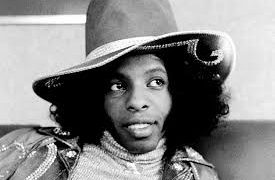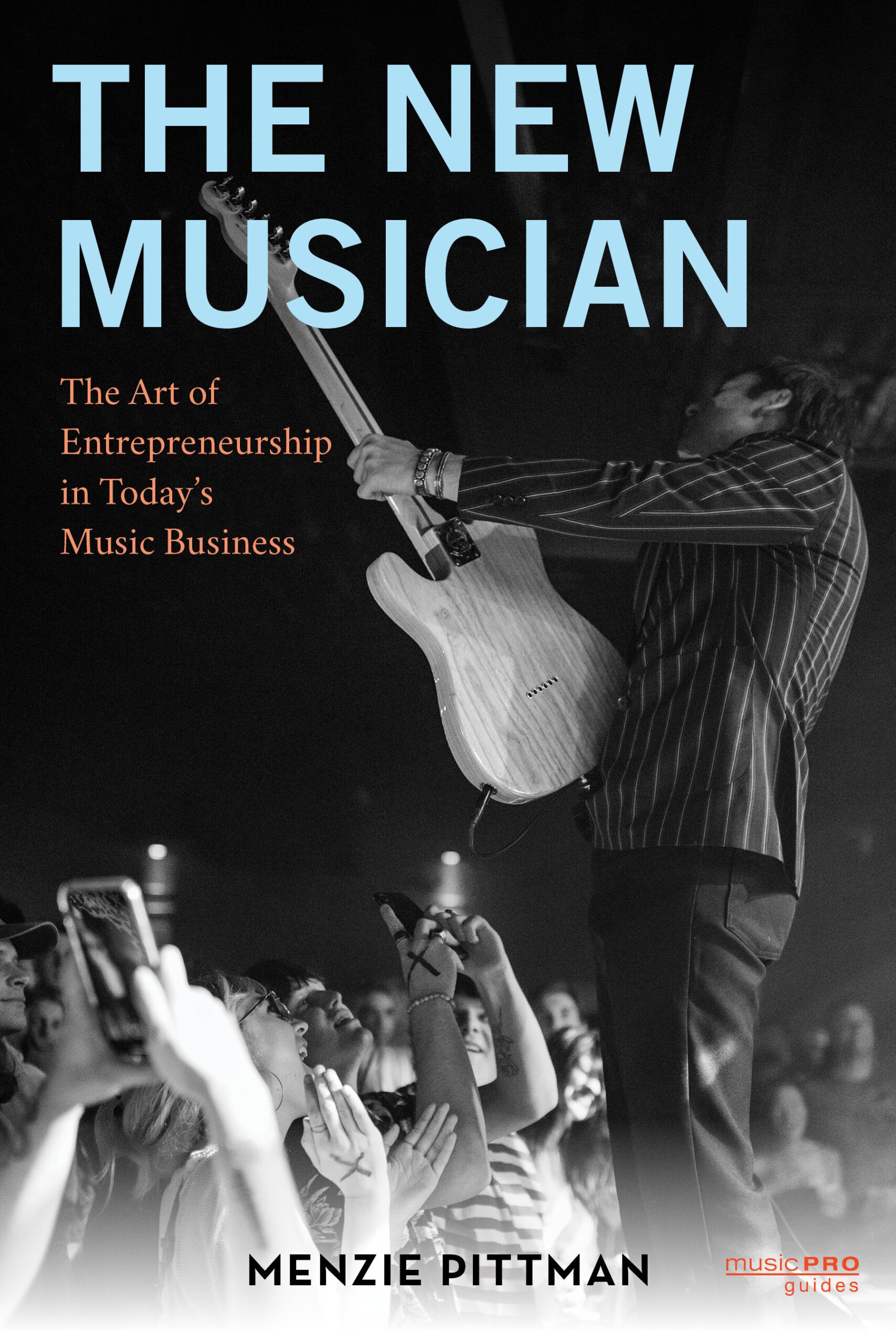I’m grateful for the opportunity to share some thoughts with you here. After over 20 years writing the Veddatorial in the pandemic-departed Music & Sound Retailer, time, business, and the vagaries of life have kept me in a bunker of sorts.
But events – more industry- and economy-specific than political – have me thinking daily about our MI community and the way it maneuvers into the future. Certainly we’ve had crossroads events throughout our history: the advent of sound films, when thousands of theatre musicians were suddenly out of work, for example. Our response was to subsidize and launch what has become the school band arm of the industry. WWII factory conscription, the advent of Rock ‘n’ Roll, the rise of DJs and Hip Hop, synths… all demanded adjustments, offered opportunities, and produced markets that allowed us to grow, often as we chose, but sometimes as we were forced to.
I believe we are at such a crossroad again, and perhaps for our industry, a more perilous one. Believe what you will politically, I think that it’s imperative we put concerted thought and effort into new ways to secure and grow the music products industry before it’s too late.
First, a disclaimer: I firmly believe there will always be a market, and many of the issues we and our manufacturers face daily – raw material sourcing, supply chain woes, distribution, and marketing – will still be there, as will, as least in the near term, the consumers eager to get their hands on gear, be in school band, or record, perform, and enjoy music making. I am looking two, five, ten, twenty years down the road, and to achieve secure and positive results, feel that it’s crucial we take action NOW.
The tariff situation is what started my rumination. Realistically, I don’t think a 10-20% boost in the tag price of a lot of our products will stop anyone currently playing. Finagling with supply sources and manufacturing efficiencies can mitigate some of the pain. But the real danger, in my opinion, is at entry level.
For example, we’ve just come off of a more than 20 year period where picking up the guitar had a minimal financial barrier to entry. Playable, name-brand instruments were readily available under $200, and even cheap, get-you-in-the-door knockoffs below $90. I often told customers, “You can’t afford NOT to play guitar!”
The pandemic immediately proved that the impulse to make music is both broad and deep, as repeated NAMM Gallup polls had already shown over a number of years. (I mean, I was getting calls before the shutdown about playing “now that I’ll have free time.” Before sourdough, even.) The market is there, and from my experience, has always been there.
But we’ve long known that as a leisure activity, we compete with every other leisure activity, plus, the need for food, shelter, medical care, et cetera. We have to earn our spot in our customers’ lives.
Here’s the rub: for the newbies, adding 10-20% to the cost of entry raises the barrier to the point that we stand to lose a chunk of the people that we could otherwise have captured easily. Even if they’re fiscally OK, raising prices means choices have to be made. I just read an article this evening documenting that Wal-Mart is seeing a growing number of new customers in ever higher income brackets, where historically their demographic has been a far less affluent consumer.
Choices.
So if we start seeing a throttle down at the entry level – and this goes for band instruments, keyboards, the whole music family – we see long term diminishment of our customer base. A blip now, a growing choke as time goes on. For an industry that I see as having unlimited potential, (the Gallup polls I mentioned consistently showed OVER 90% of the people asked would like to play an instrument “if barriers of time and cost weren’t an issue”.) losing these people could stop our growth in its tracks.
So what do we do to forestall or erase this? Well, the strategies of manipulating supply chain, manufacturing, and sourcing still help. But I believe we need an industry-wide, concerted, well organized, aggressive marketing campaign, specifically about the joys and benefits of music making. It needs to be launched in every direction, at every level, and we may need to be the ones to bankroll it: not just the marketing, but the implementation of programs, just as we jump started the school band market a century ago. NAMM can’t shoulder the burden alone for a project of this scope. With government funding disappearing, market pressures, and the myriad distractions of modern life, we’ve got to get in the face of our target customers constantly and woo them. We have to do it immediately. Brand doesn’t matter. Instrument doesn’t matter. Making. Music. Matters.
Dan Vedda entered the music products industry working in a small guitar shop over 40 years ago. In 1987, he opened Skyline Music, serving the western suburbs of Cleveland with lessons, repairs, and instruments and products for band, orchestra and combo needs. In 1997, he began writing the Veddatorial for one of our industry’s trade magazines, and continued his monthly column for over 20 years until the publication folded during the Pandemic. He is still in his store helping customers every day, and he brings that real-time market research to this column.


























